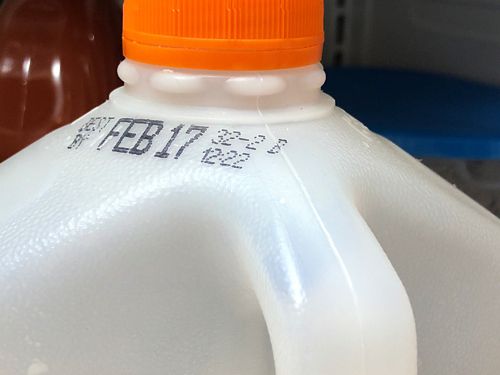Menu
Close
Back
Welcome to
Together is a new resource for anyone affected by pediatric cancer - patients and their parents, family members, and friends.
Learn MoreWhen a patient’s immune system is weak from cancer and treatment, the body has fewer defenses against bacteria, parasites, or viruses that can be found in food.
Germs in food and drinks can sometimes cause an illness or infection of the gastrointestinal (GI) tract. This type of sickness is called a foodborne illness or food poisoning.
Common symptoms of foodborne illness are like stomach virus symptoms. They include:
Most people start feeling sick within the first couple days after infection. But foodborne illness symptoms can develop within a few hours. Or they can take up to a week to appear.
If you think your child may have a foodborne illness:

Always wash hands before and after preparing food.
Basic steps can help prevent illnesses from food. These are especially important if your child’s immune system is weak. Your care team can share more food safety steps to take.
Prevent illness from foods by doing the following:

Always check the expiration date on foods. Throw away any foods that are expired.
Practice food safety at the grocery store.
Avoid the following foods:
Other shopping tips:
Taking care to handle food properly reduces the chance of foodborne illness. Foodborne illness often starts when foods are not washed or stored correctly.
| Food | How long it is safe to store |
|---|---|
| Eggs | 7-14 days |
| Raw meats | 1-2 days |
| Leftovers | 3-4 days |
| Raw fish and seafood | 1-2 days |
| Lunch meat | 3-5 days |
| Raw fruits and vegetables | 7 days |
| Milk | 5 days |
For a more detailed guideline to safely storing food in the refrigerator and freezer, visit the Cold Food Storage Chart.
Bacteria from uncooked foods can easily transfer to other foods and surfaces.
Simple ways to improve kitchen safety include:
Cook food to safe temperatures, especially meat and poultry. This reduces the chance of food-related illness.
Eating out can present added challenges because less is known about how food is stored and prepared.
Here are some ways you can reduce your risk in restaurants:
The following foods can be unsafe for patients with a weak immune system. Always follow your care team’s instructions.
Do not allow your child to eat or drink:
Those being treated on the transplant unit should avoid ice machines and fountain drink machines.
To learn more about food safety for people with cancer and other illnesses, visit the FDA's Food Safety page.
Learn more about how to Clean, Separate, Cook, and Chill for Food Safety.
—
Reviewed: August 2022